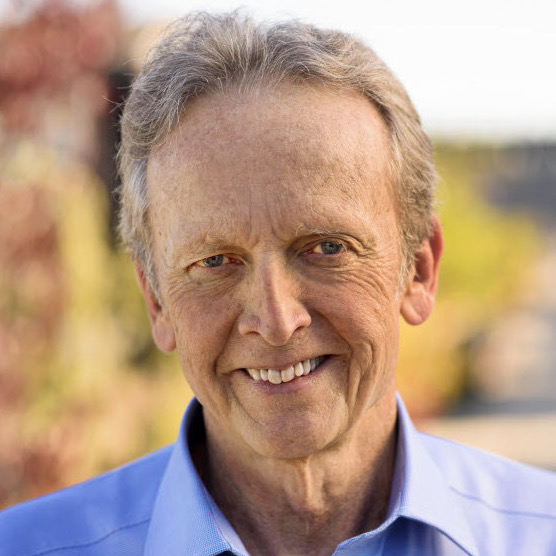Fear Itself



While many of us are deeply, deeply appalled at our most recent border policy, some significant percentage of the American public is okay with Donald Trump separating young children from their parents at our national borders. In spite of these children inevitably suffering incredibly painful repercussions over an entire lifetime, some of us have expressed zero outrage and perhaps even find the separations to be a necessary part of solid border control.
Is one group of Americans simply more virtuous then other? Are Trump supporters simply evil and indifferent to the suffering of little children?
I don’t think so.
Instead, I think they are controlled by a very different mindset that is a very recognizable to anyone who works with the human mind, as I do on a daily basis. It is the nature of the human mind and the variables affecting it that is creating such division in America.
What we are seeing across America is fairly “normal” behavior from minds locked in unrecognized and unarticulated, but horrible, states of human fear. Yes, this is the fear itself that FDR recognized and that was literally the first and most significant danger he warned America of when he assumed the Presidency at a time of the Great Depression in a world that was, in many areas, on the eve of succumbing to fascism.
In my new 2018 edition of State of Confusion: Political Manipulation and the Assault on the American Mind, I point to the paranoid structures in the mind as one of the critical battleground states in America. Paranoia is a deep sense that something is wrong. More specifically, it is a state where one is confused or uncertain as to what it is that is wrong. The problem feels amorphous or vague.
The mind does not like that uncertainty. It wants to at least find some external cause of the problem that it can then address and thus protect itself from. Illegal immigrants coming across the border? If we see them as criminals, rapists, and crooks out to steal our jobs, that just might explain these uncomfortable feelings we’re having. We tell ourselves that it’s these foreigners creeping across the border that are causing these awful sensations inside of us. We might remain afraid of them, but by criminalizing them, we no longer remain confused. We give ourselves the feeling that we have a firm sense of what is going on.
Fear, in paranoia, wraps itself tightly around our head and focuses the mind in a particular way. The idea becomes fixed. We tell ourselves that these are not human beings like us crossing the border, but rather alien creatures out to destroy us, evidenced by our own fear. The more certain we grow of this, the less free floating, unattached fear we have. We have given ourselves a target: immigrants.
We then tell ourselves that anything we need to do to them to keep our family and ourselves safe from these immigrants is simply necessary. People who do not see it that way, we think, are foolish and reckless, or worse.
We must remember that there are no bad people here, only frightened ones. Only frightened people look to certainty and try to create a target to calm their fear. Fear itself can ultimately destroy America, but not if we choose to look inward before it’s too late.


